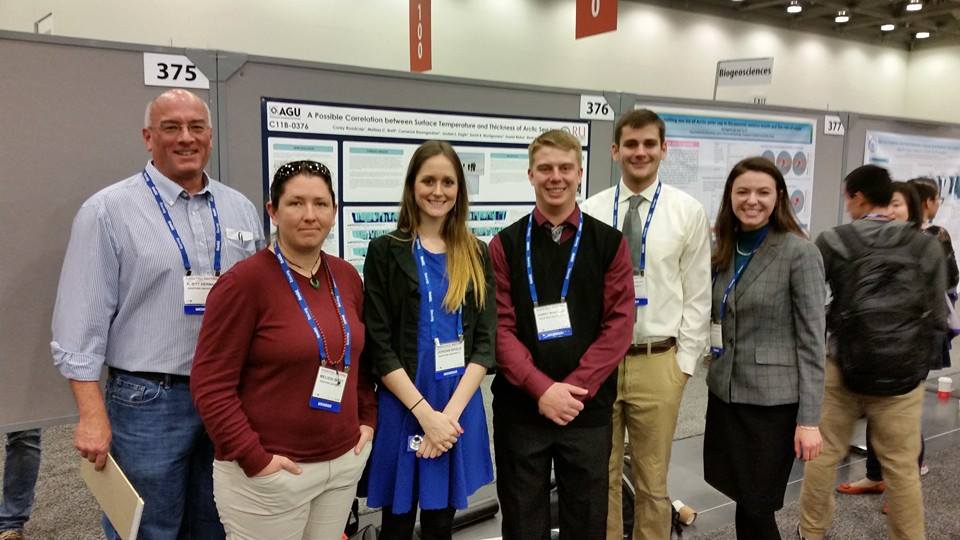
Having great credentials is important when you begin searching for a job, but networking—making professional contacts—is an important way to make personal connections that can assist you in your search. Personal contacts can expand your access to opportunities, particularly those which may not be widely advertised. They can also provide valuable advice and guidance as you go through your search.
Networking Tips for Physics Students
Prepare an “elevator” speech
An elevator speech is a 30-second introduction of yourself (about the time you would have to introduce yourself to someone in an elevator). In it, you should briefly mention who you are, what you are doing, and where you hope to go in the future. Include something that will catch and engage the other person’s attention, such as how you became interested in physics or your current research project.
Network everywhere
Whether you are at a career fair, physics meeting, department colloquium, or a science outreach event, always look for new people to meet. Every event is a potential networking event. Do not be afraid to tell people that you are looking for a job; most people are eager to help students if they can.
Help others
Networking is about connecting, not just furthering your career. When you meet people, think about what you can offer them.
- Introductions to potential collaborators, mentors, or colleagues?
- Resources or leads that might further their research?
- Restaurant recommendations for when they are visiting your area?
This approach makes networking much less intimidating and can help you form meaningful and lasting connections.
Attend physics meetings
Nearly all of the 18 SPS geographic zones host meetings each year, which are a great way to meet peers and faculty members from surrounding schools who might have insight into and connections with the local job market. Many scientific societies, such as the American Physical Society (APS) and American Association of Physics Teachers (AAPT), have regional and national meetings that are a great way to meet scientists and potential employers in your local area.
Get involved!
Attend your department, college, or university professional events. Many colleges and universities host guest speakers and invite scientists to campus events. Make every effort to attend these events and hear the speakers. Ask questions and introduce yourself after the event. Use these opportunities to practice your elevator speech. This gives you a perfect chance to follow up and connect with speakers and other professionals that you meet on LinkedIn or via email.
Ask questions!
One of the simplest ways to start a conversation is by asking, “So, what do you do?” Other questions you might ask new connections include:
- How has your physics background helped you in your career?
- What advice would you give a physics major who wants to go into your field?
- What opportunities does your company have for physics students?
- What do you like most about your career? (or about working for your company?)
People like to share their stories, so let them do the talking and wait for the invitation to talk about yourself.
Make business cards
Business cards are an easy way to give a new connection your contact information, leave a good impression, and look professional—even if they only say “Physics Student.” When you receive a card from someone else, write a brief description of how you met the person and what you discussed on the back. For example: APS March Meeting 2015, email about summer research opportunities.
Network online
Stay in contact with new connections through online networking sites such as LinkedIn. Use key word searches on these sites to find people with your dream job or company and ask your connections to introduce you. Also ask your professors or career services office if they can connect you with alumni in your desired profession via email.
Project a positive attitude
Go into networking events with a positive outlook and be confident in your ability to have a meaningful conversation. Think through your approach and prepare for networking opportunities. Being prepared will help you be more relaxed when you meet new people. Enjoy the opportunity to talk to new people; you never know when you will meet someone that can connect you to your next job. Have a good sense of humor and an enthusiastic attitude.
Want more information like this? Visit the Careers Toolbox website for a more detailed exploration of what you can do with a physics bachelor’s degree.
